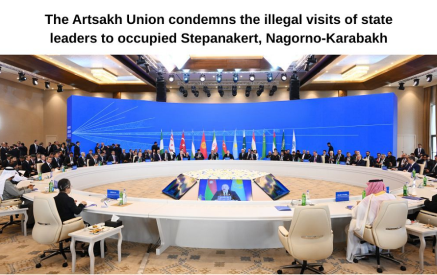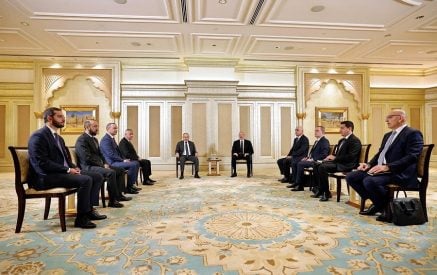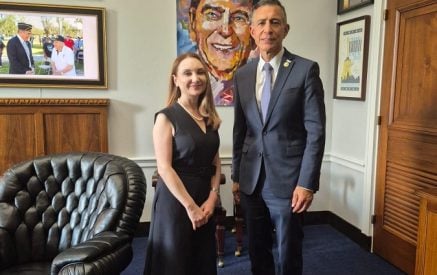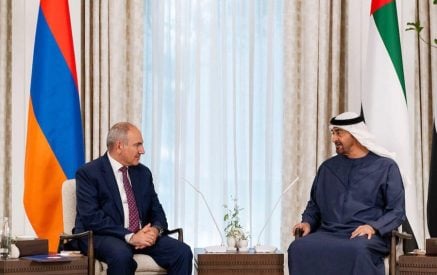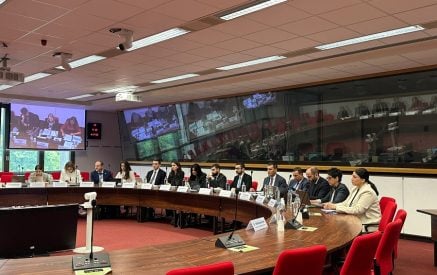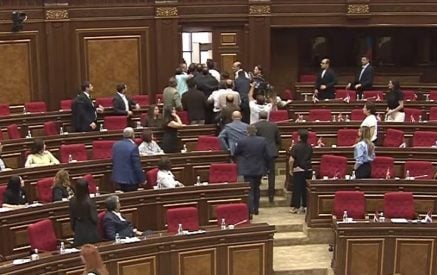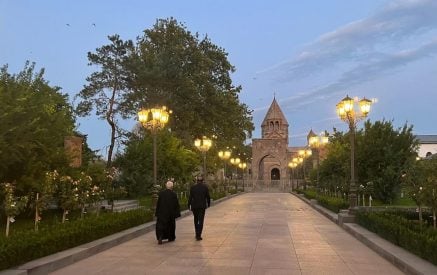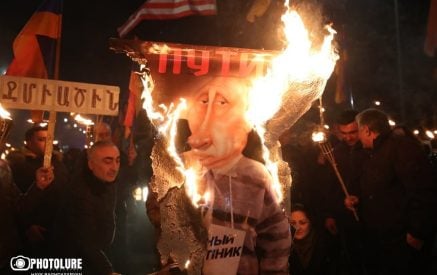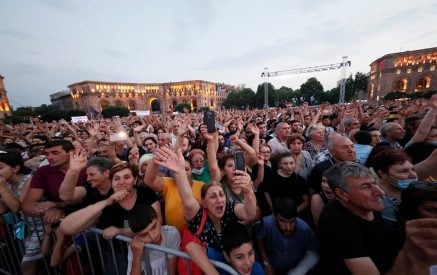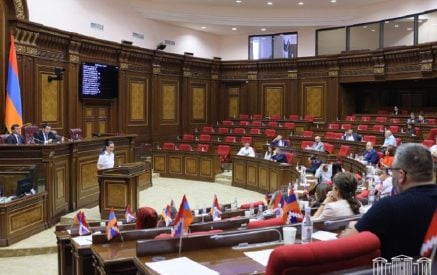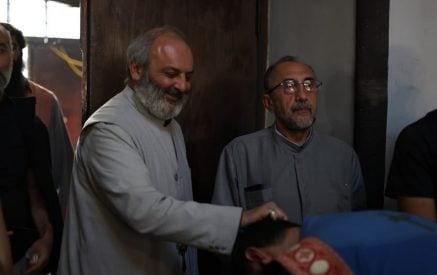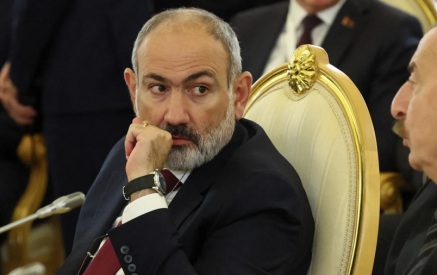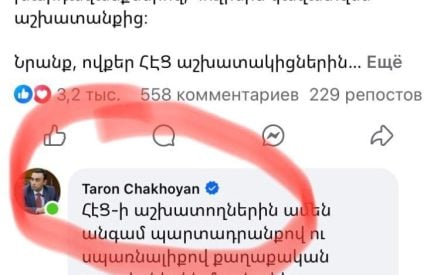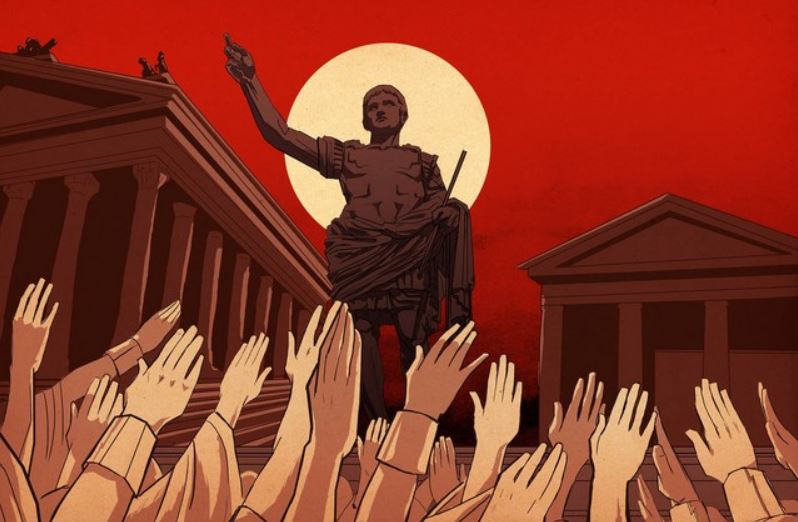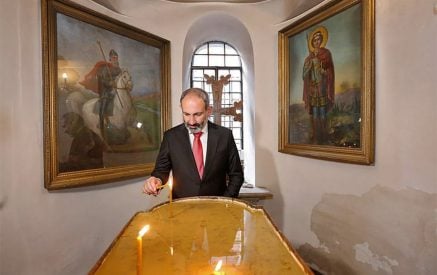The reasons, as always, are political
In the upper house of the British Parliament, there is a tradition that dates back to the 14th century.
The speaker of that palace sits on a sheep wool bag. According to some interpretations, it symbolizes the main export of the empire at the time. But the meaning, in my opinion, is more general: respect for property.
I strongly believe that the path that Armenia should follow is democracy. Unlike the pro-Western supporters of the government, I think that our country is not following that path, but continues the path of authoritarianism that we have been following for the last 30 years. But I admit that there are non-democratic countries that have successfully implemented economic reforms and are now in a good position to do so. The first example that comes to mind in such cases, of course, is China.
Read also
There is another relatively successful example, Mexico, where the ruling party, the PRI (which translates as Institutional-Revolutionary Party in Armenian), successfully carried out so-called “authoritarian modernization.” Is it possible to do such a thing in countries like Armenia or Russia? It seems to me that it is impossible.
Our Home is Russia, United Russia, the RPA, or Civil Contract are not parties that could or can carry out an “economic revolution.” In these cases, the administrative apparatus and the political leadership of the countries are not at all interested in the parties (including the ruling party) becoming an influential political institution. Here we must once again remember the difference between the three types of authoritarianism: party, military, and personal authoritarianism.
When power is in the hands of one person, their party has no influence on the political and economic life, at most, what the members of that party can do to glorify their leader and attack their opponents. In that case, the ruling party has no reform potential. It is one of the elements that provide a purely formal, at best, democratic “facade.” If, of course, there is a need to “shed forms,” as is the case with Armenia. And this is where the issue of property inviolability comes into play. Whether the regime is authoritarian or democratic, economic progress can only be achieved if there is no “power-property” merger.
In that sense, Armenia has been and remains a “brilliant” example of such a merger. Close relatives of the authorities are constantly awakening business talents, their companies, as a rule, present the best bids. Aviation is usually handed over to business owners close to the government.
If a business owner demands the resignation of the Prime Minister, law enforcement officers “find out” that they do not pay taxes well, and if they do not demand it, they become a conscientious taxpayer. During the previous administration, the business owner was respected, during the current administration, they are a wanted criminal, and vice versa. I will not go on to list: any unprejudiced person will confirm that this is the economic life of Armenia for the last three decades.
All these examples show that property is not protected in Armenia. It can be eroded or redistributed during this or that political collapse. Business owners can go bankrupt under the influence of political factors. And in that situation, it is impossible to modernize in the 21st century.
During the previous administration, I directly asked one of the well-known businessmen, “Do you know that cases will be filed against you after the change of government?” (Khachatur Sukiasyan was persecuted at the time for supporting Levon Ter-Petrossian). The businessman replied, “They can not sue me, I am not doing anything illegal, I will show my money to the whole world like Pepo.” There was a change of government, and it turned out that no “money” was helping.
Aram Abrahamyan


